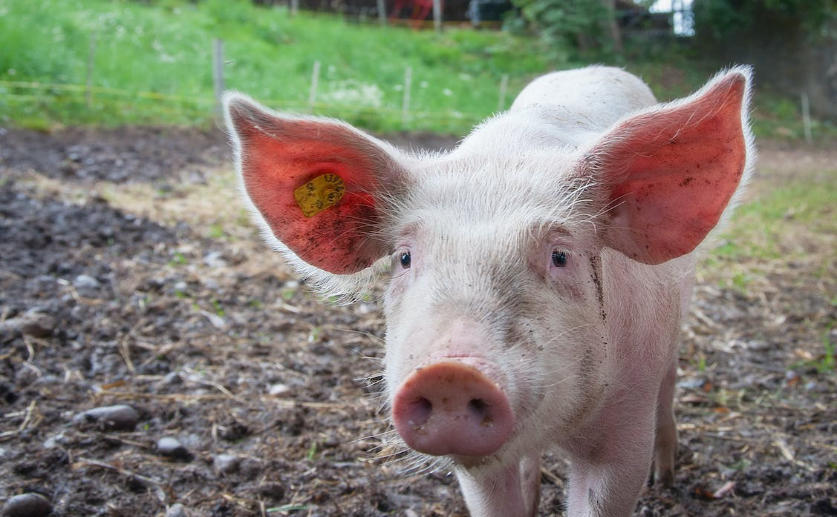
This archived news article is over 5 years old.
Pigs Can Be Optimistic or Pessimistic Depending on Both Environment and Personality
Stephanie Wolek
19th November, 2016


Stephanie Wolek
19th November, 2016
